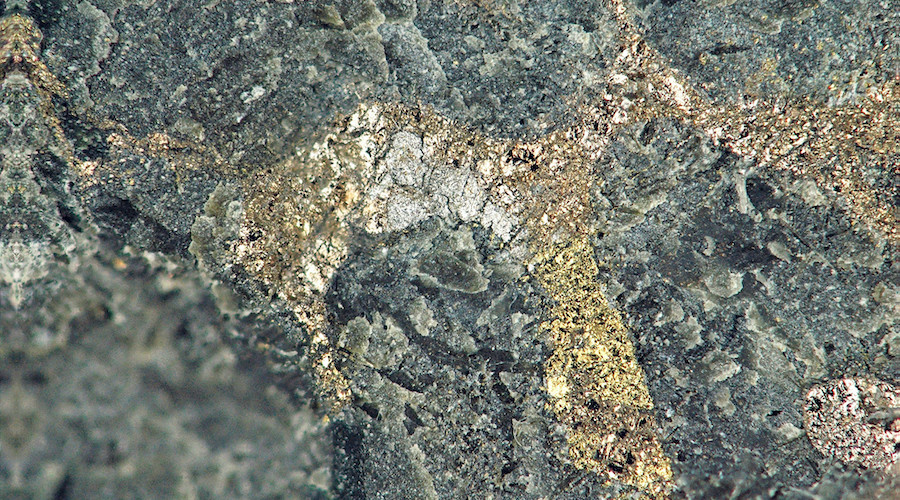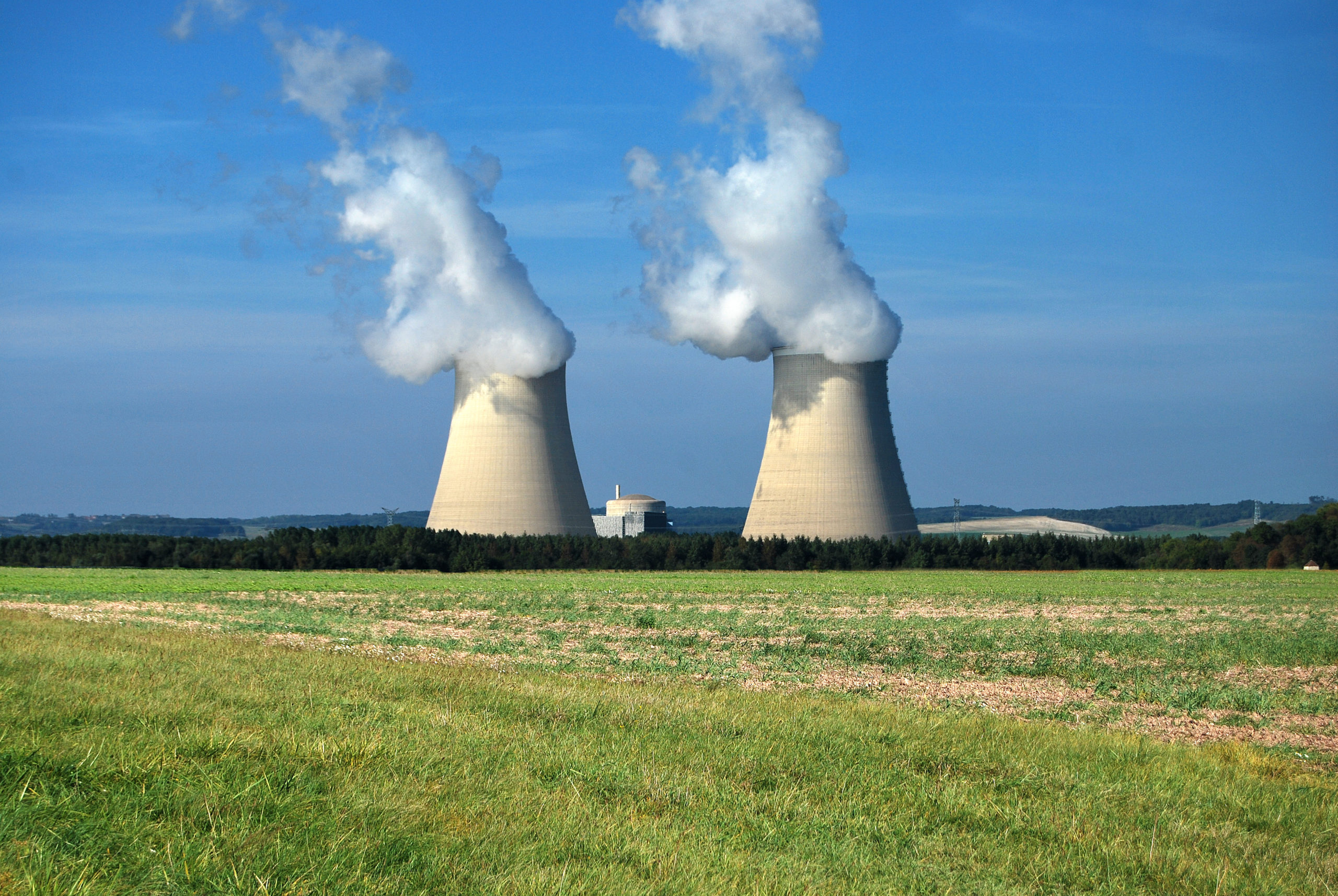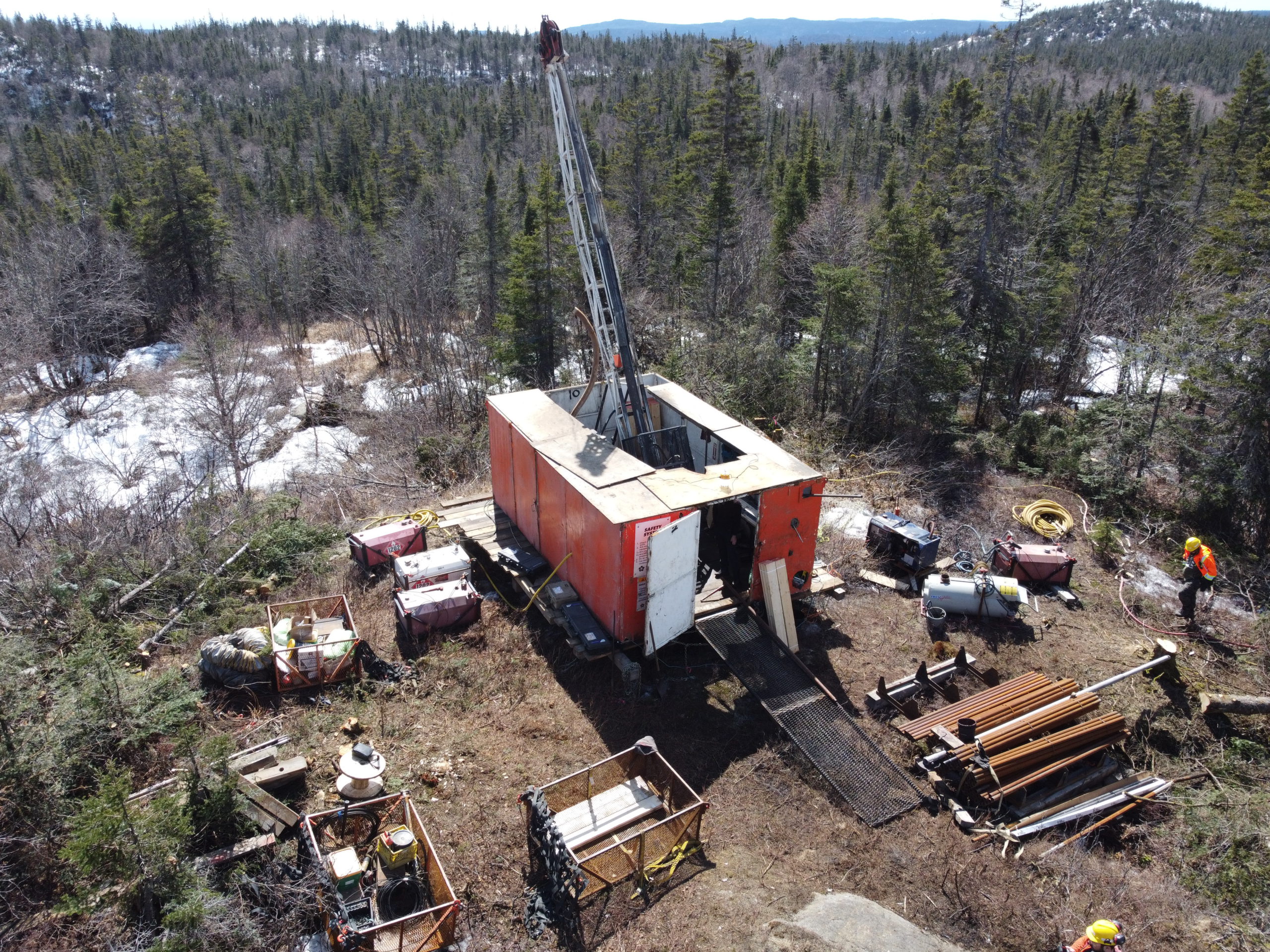“South Africa is a leading producer of minerals including platinum, palladium and iridium for hydrogen production and vanadium and manganese for battery storage,” the release points out. “Cooperation will help to support investment into exploration, production and beneficiation activities, securing and expanding access to minerals that are key for clean industrial and economic development and the global clean energy transition.”
South Africa is responsible for 60% of the global manganese supply, 75% of the platinum supply and 40% of the palladium supply. It also produces or has the potential to produce, vanadium, nickel, cobalt and rare earth elements.
Thus, in addition to boosting the mining sector, the UK and South Africa plan to work together to identify and carry out joint projects aimed at developing clean energies and technologies such as battery storage, fuel cell technologies, energy efficiency and renewable energy solutions.
“This joint work aims to create an enabling environment for promoting participation of private sector companies, support investment flows into the minerals mining sector and grow new clean jobs, noting that the UK is a leading centre of mining finance, standards, and metals trading,” the communiqué reads. “Both countries will encourage and support partnerships between UK and South African companies across the value chain for minerals and clean energy to grow and strengthen business links to the benefit of both economies.”
Commenting on the announcement, Jordan Roberts, from market analysis firm Fastmarkets NewGen, said that industry observers may not be so fond of a UK-SA collaboration and would rather view cooperation with the likes of Canada and Australia on battery materials being more attractive, particularly when considering their ESG prospects.
“Despite this massive mineral endowment, many believe that the South African economy faces major long-term challenges, amid concerns around its sovereign debt, political corruption and the loss of high-skilled workers,” Roberts said.




